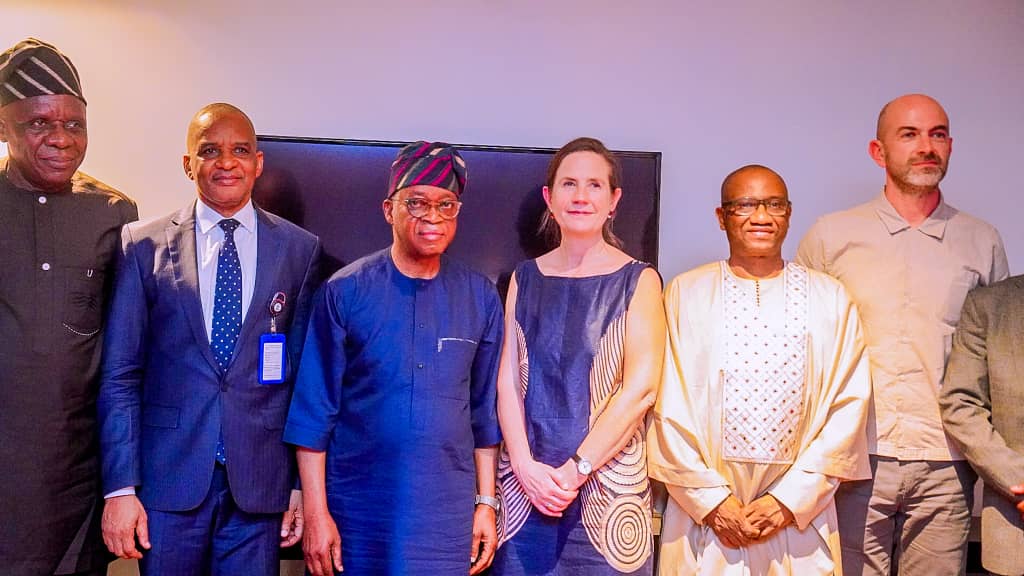Industrial Training Fund (ITF) has said that it is in collaboration with the Chartered Institute of Project Managers of Nigeria (CIPMN) to provide special certification for Nigerian artisans. This initiative it said is part of the broader Skill Up Artisan (SUPA) programme, aims to professionalize and elevate the status of artisans across the country.
Dr. Afiz Ogun, Director General and Chief Executive of ITF, revealed that the programme was conceptualised following a directive from President Asiwaju Bola Ahmed Tinubu to “change the face of skill acquisition in Nigeria with direct focus on artisanry practice across the country.” The ITF chief also appealed for patience regarding recent calls for protests in the country. “Good things take time, especially when they are designed to last and deliver desirable outcomes,” he said. “The renewed hope agenda promised by the President is being worked on assiduously. Data shows that the informal sector contributes about 60% to Nigeria’s GDP, and that sector is dominated by artisans,” Dr. Ogun stated.
“This demographic has been left unattended, unregulated, and unsupervised over the years, resulting in rampant quackery and substandard work.” The SUPA programme, which has already registered over 522,000 artisans across 20 trade areas, aims to train and certify up to 10 million artisans annually. The training is structured in three phases: Foundation Training, SUPA 1, and SUPA 2, covering various aspects from basic skills to project management and international certifications. A key component of the programme is the collaboration with CIPMN to develop a specialised curriculum for project management certification. “This collaboration is a game-changer in the practice of artisanry in Nigeria,” Dr. Ogun said. Beyond elevating the practice and professionalizing artisanry, it provides the artisan with critical knowledge to organise their work and craft.”
The initiative also involves partnerships with private training centers, with 826 skills training centers across the country already enlisted to participate in the programme. Dr. Ogun expressed optimism about the programme’s potential impact, saying, “SUPA will directly impact the local economy and may generate 1,000,000 new direct and indirect jobs within its first 2 years of implementation. It’s a giant leap that will breed skilled artisans who can fill job opportunities both locally and abroad.” As the programme rolls out, the first batch of 24,000 intending artisans has been deployed to training centres nationwide, with training set to commence on August 5, 2024. Earlier in his address, Registrar General of CIPMN, Henry Ifeanyi Mbadiwe, reiterated the importance of the initiative in addressing common issues faced by artisans and their clients. “Think of a mechanic working on your vehicle or a tailor making an outfit for you. More often than not, they are inundated with multiple requests for their services, and we Nigerians are almost certain that not only will the item not be ready for collection at the promised time, but it might not even be well done to the expected quality,” Mbadiwe stated.
Mbadiwe said the project holds tremendous potential for the economic status of artisans. “In the UK, builders, carpenters, and mechanics often make more money per hour than secretaries, data entry supervisors, and some accountants,” he noted. He commended ITF for its vision and tireless efforts in bringing this programme to fruition. Mbadiwe called for patience and support from Nigerian citizens as the government works to implement these transformative programmes.”Nigeria is like a vast ship carrying over 218 million citizens. Give it the time it needs to turn, to stand firm, to grow,” he urged.

